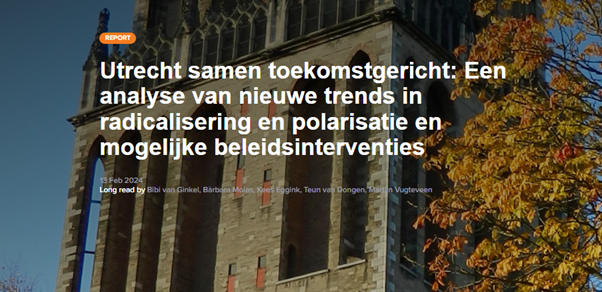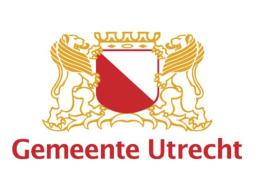ICCT has conducted research into the current and emerging trends in radicalisation to different forms of extremism relevant for the municipality of Utrecht, the Netherlands. In the final report, ICCT identified six relevant trends: intersectional extremism, new modus operandi and concealing use of language and symbols, abuse of online platforms, sexual and gender related violence, parallel societies, and cumulative extremism.
Building on these new trends, ICCT developed a set of tailor-made localised interventions for the municipality of Utrecht to help future-proof the city’s responses to current and possible new social developments for the next 5 years. Since the city intended to update the previous prevention strategy ‘Utrecht zijn we samen’, ICCT’s recommendations for interventions were tailored to match as much as possible the same categorization of interventions. The four strands existed of prevention (focussed on gender, broadening and deepening the network for engagement, strengthening knowledge, strengthening pedagogical and educational approach, approach of online radicalisation, social cohesion, and communication strategies), early signalling of radicalisation and vulnerabilities, repression, and rehabilitation, reintegration and care.







